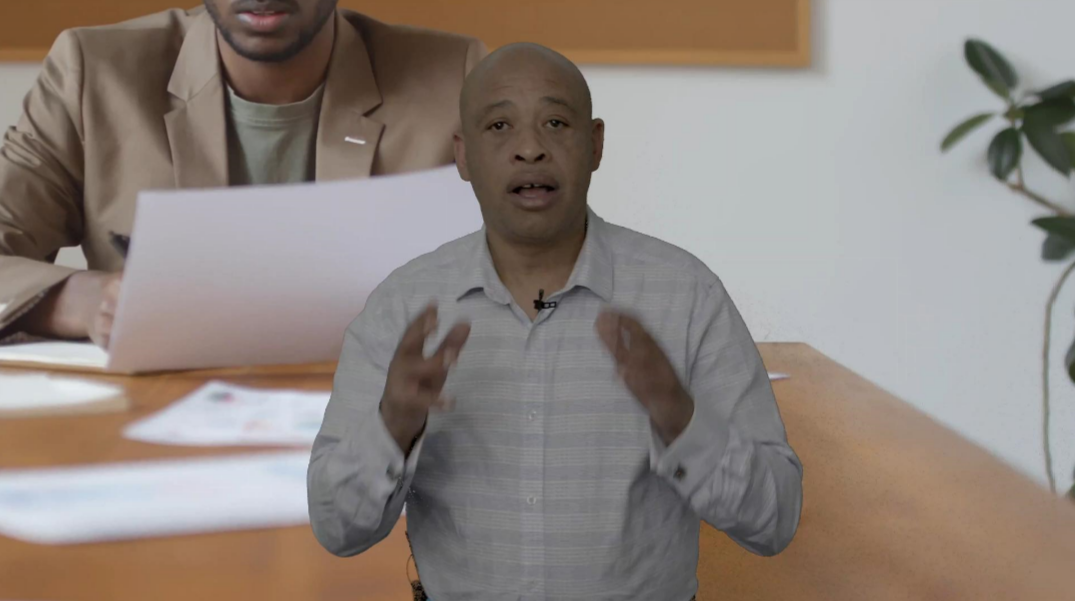Vital Skills for Managing Your Intergenerational Workforce
It is now possible to have multiple generations working side by side within the same organisation - creating an intergenerational workforce of unsurpassed breadth. If you are managing an intergenerational workforce, you already know that this requires new skills and a very different approach.
At one end of the workforce, Boomers unwilling or unable to retire are remaining in the workforce for longer. At the other end, early members of generation z (born around 1995) have finished uni and are now entering the workforce.
But it gets more complicated. In between, you have Generation Xs and Millennials. It’s a complex tapestry of approaches and values that make collaboration, management and leadership more complex than ever before.
And the traditional command and control structures of earlier leadership styles don’t work so well in an employment culture where unemployment is low and younger generations want different things from the engagement they have with their employer.
In a culture where employees expect to be heard and, in some cases be party to the decisions that affect them, rigid management of any kind will ultimately break.
This challenges many managers with multi-generational teams. Typically, managers without the necessary skills tend to cluster with team members that hold the same values and approach to work that they do. This does not always happen along generation lines but when it does the results can be devastating.
The subsequent generational divide that is caused by this approach makes it hard to bring mixed-age groups together without incident. Managers in this situation often find that they spend valuable time arbitrating over issues that could be avoided if the manager was better equipped to understand the forces at play.
These forces are often based on the values and cultural norms of each generational group. They are unspoken norms within that generational group but can be confounding to groups on either side. The potential for misunderstanding is substantial and often leads to unnecessary rifts and conflict.
What is needed is a management style that is based upon sound principles and well-developed soft skills. It is the soft skills that allow managers to understand and bring out the best in each generation - based on strong communication skills and a firm understanding of the things that carry significance for to each generational group.
These soft skills include strong emotional intelligence and listening skills, negotiation skills, the ability to understand and manage conflict, and the capacity to adapt their leadership style while remaining broadly consistent and reliable.
These skills are not just for older managers. Managers of all generations can benefit from the enhanced understanding and empathy that sound soft skills can bring. Soft skills can learned at any age and provide valuable skills and insight to team members at any level of seniority.











